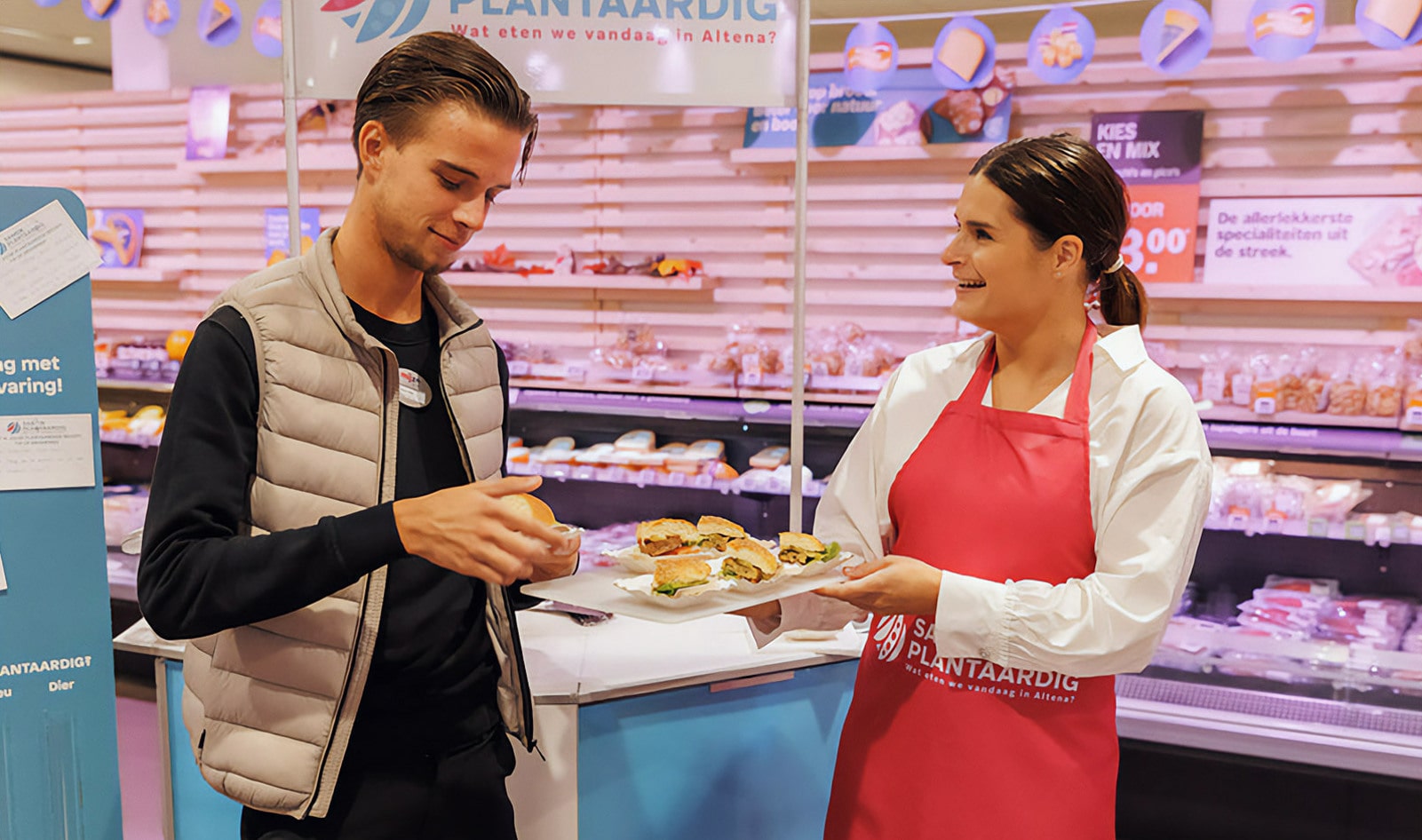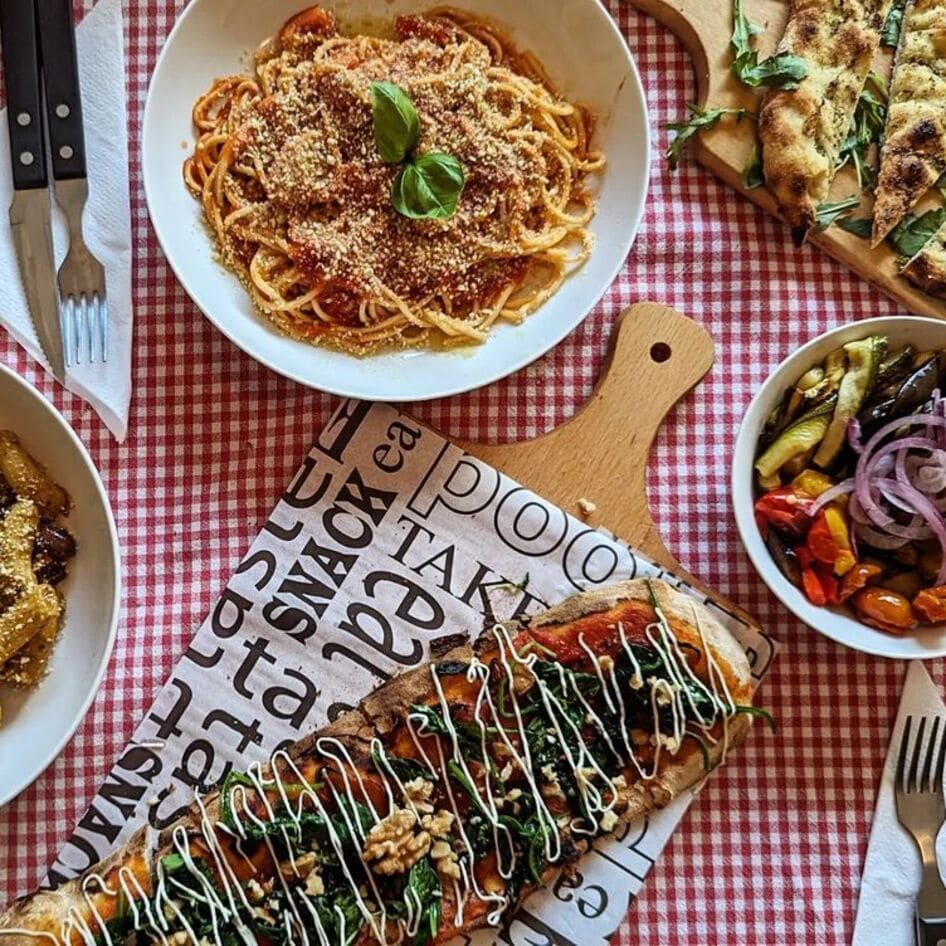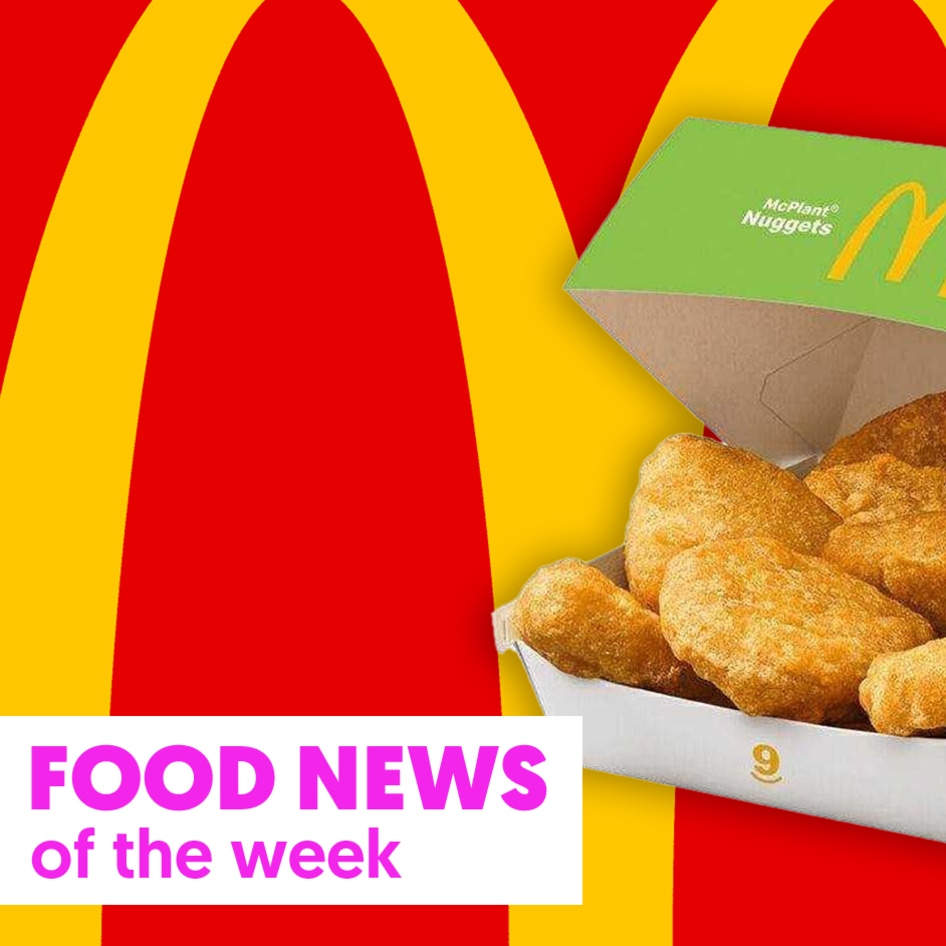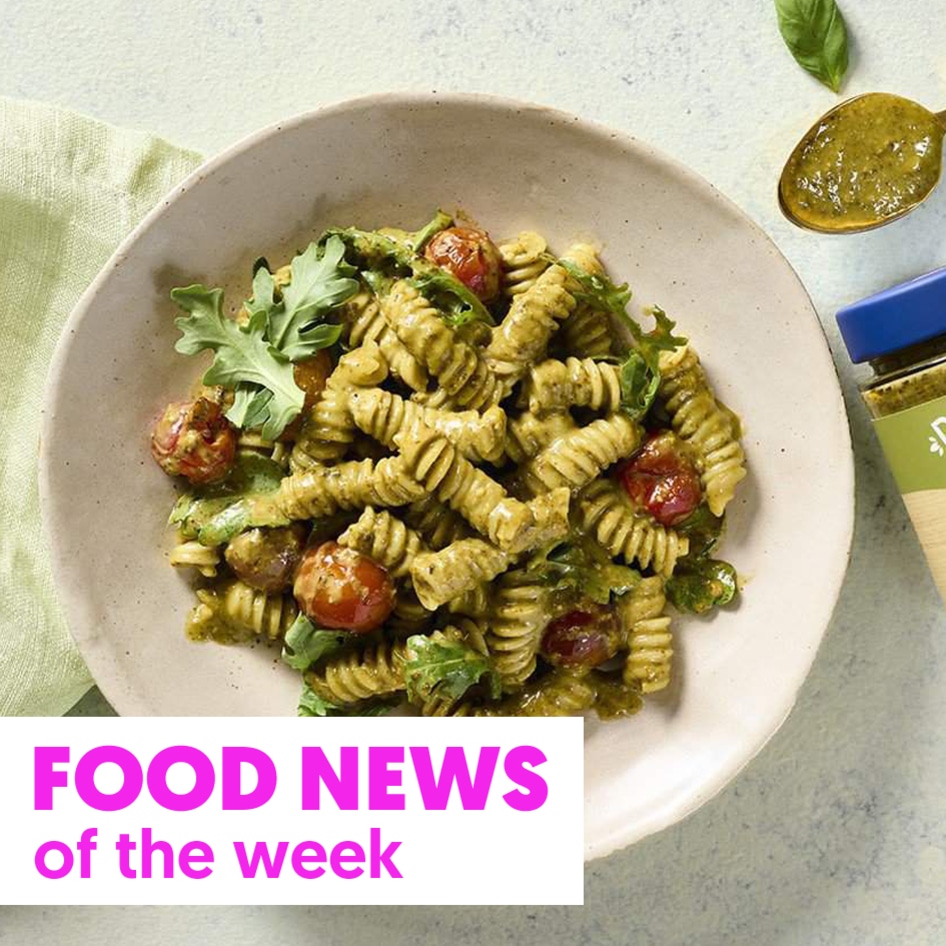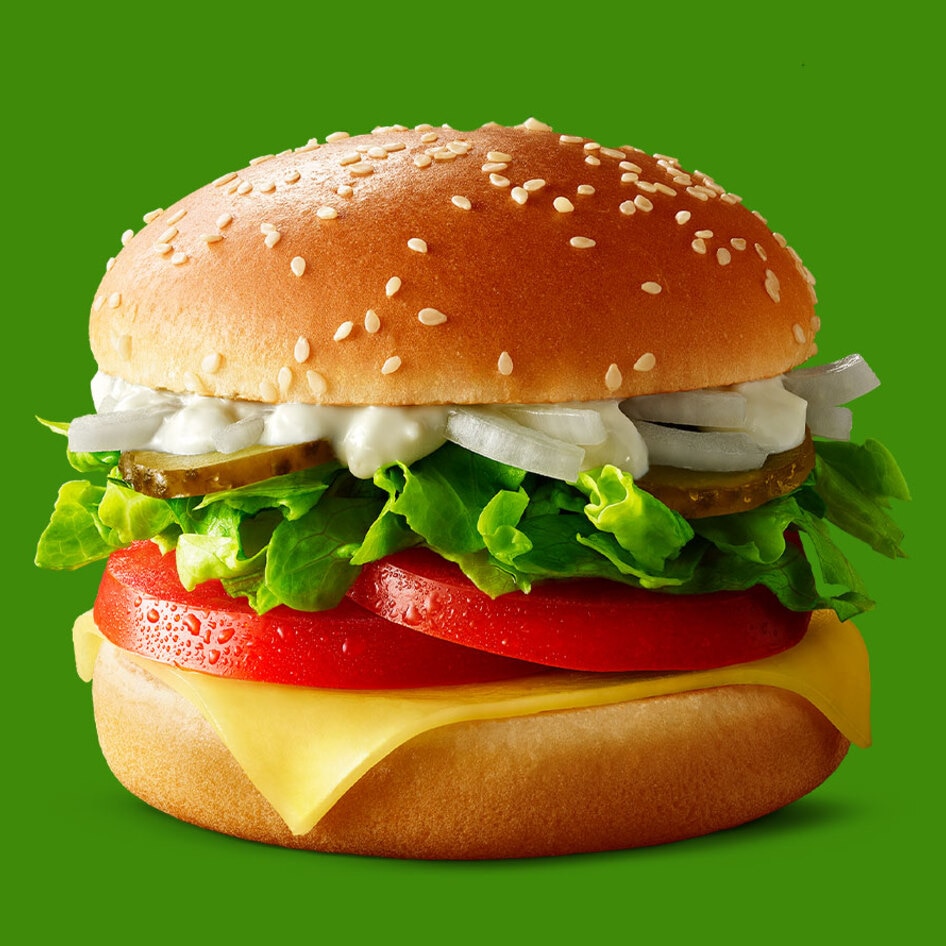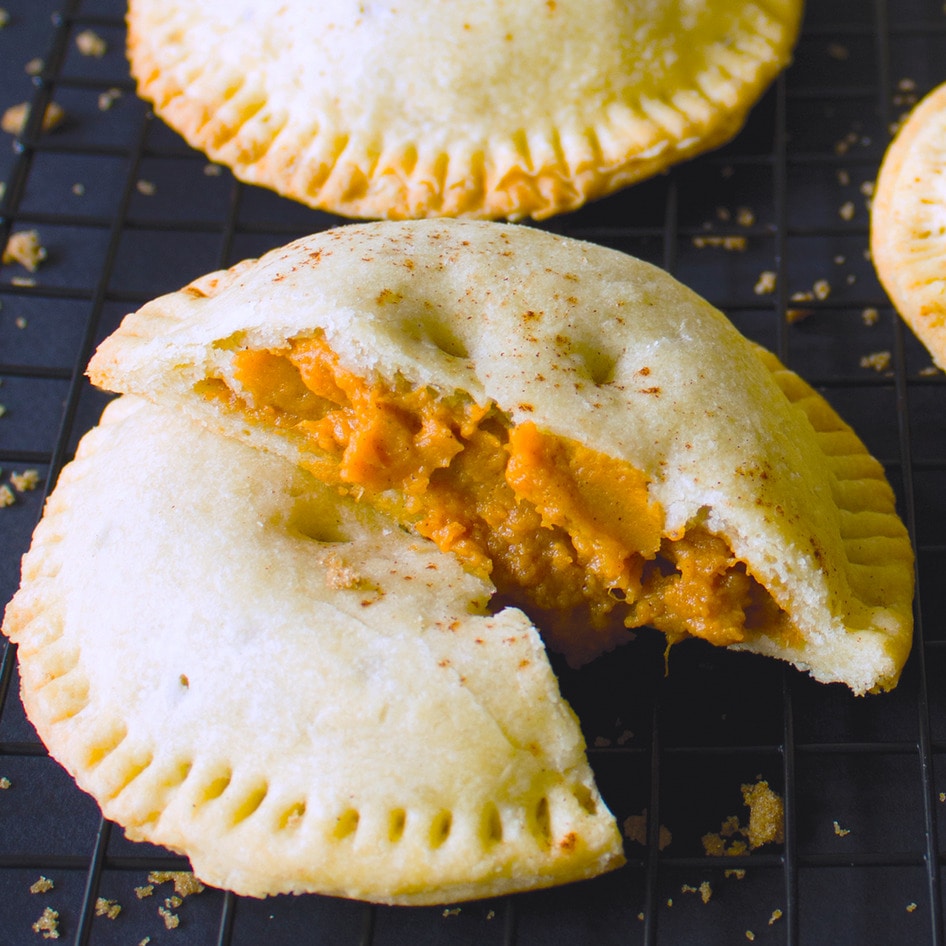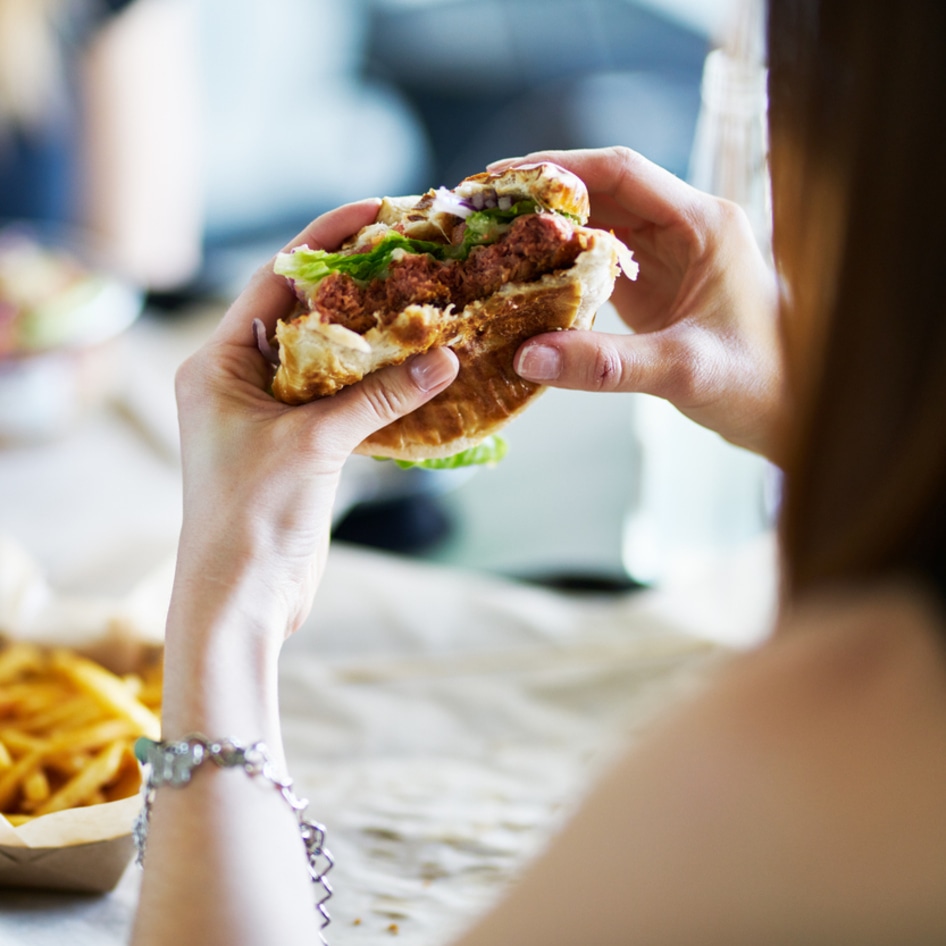The North Brabant municipality of Altena in the Netherlands is launching the first Dutch-area pilot program that promotes plant-based proteins.
With the slogan “Plant-Based Together,” the program involves visiting supermarkets, schools, and restaurants to encourage local people to make plant-based food choices more often. Local ambassadors are helping by sharing their favorite plant-based products and recipe inspiration. One of those ambassadors is top beach volleyball star Raïsa Schoon, who can be seen in a promotional video calling on residents of Altena to eat plant-based food more often.
“Tasting that plant-based food can be delicious is the best way to convince people,” Marianne Karstens of the Green Protein Alliance (GPA) said in a statement. “This is why we are organizing several tasting sessions together with supermarket entrepreneurs from the region.”
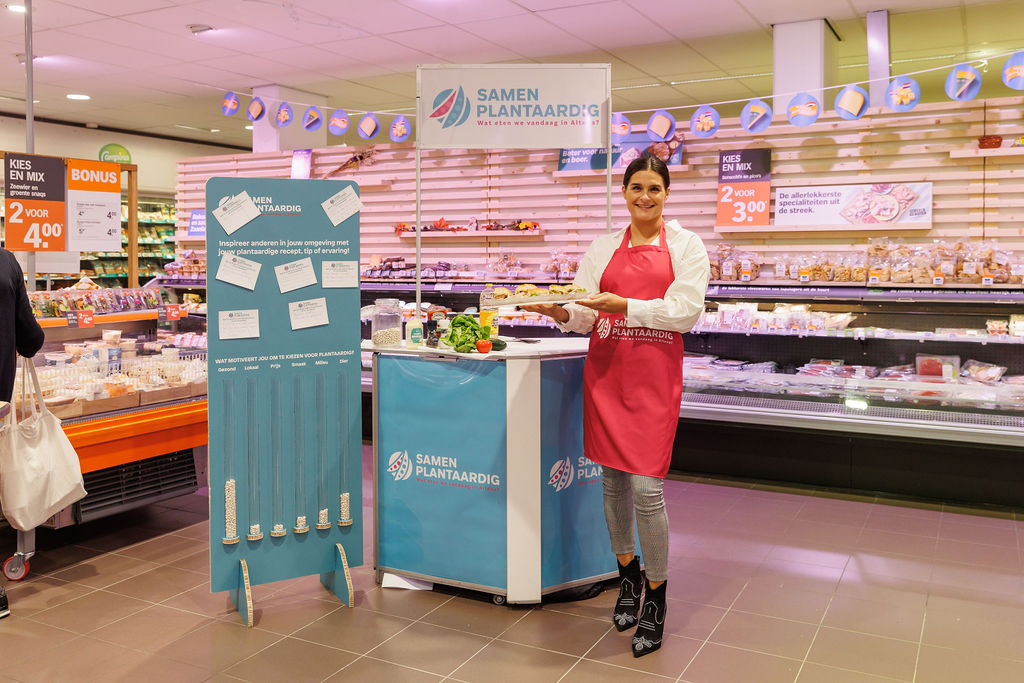 Green Protein Alliance
Green Protein Alliance
The campaign grew out of a collaboration between the GPA, its members, the Municipality of Altena, the Province of Noord-Brabant and Wageningen University and Research. For its part, the GPA is a unique partnership between 25 local retailers, the restaurant industry, food producers, and 10 thought leaders in the Netherlands, supported by the Dutch government. Their common goal: to promote healthy and sustainable plant-based proteins.
According to the GPA, the current ratio of plant-based and animal protein in the Dutch diet is 37:63. The GPA’s goal is to realize a 50:50 balance by 2025. GPA points out that Altena is a representative area and target group to encourage plant-based eating because it is not yet a popular choice for residents to eat plant-based food.
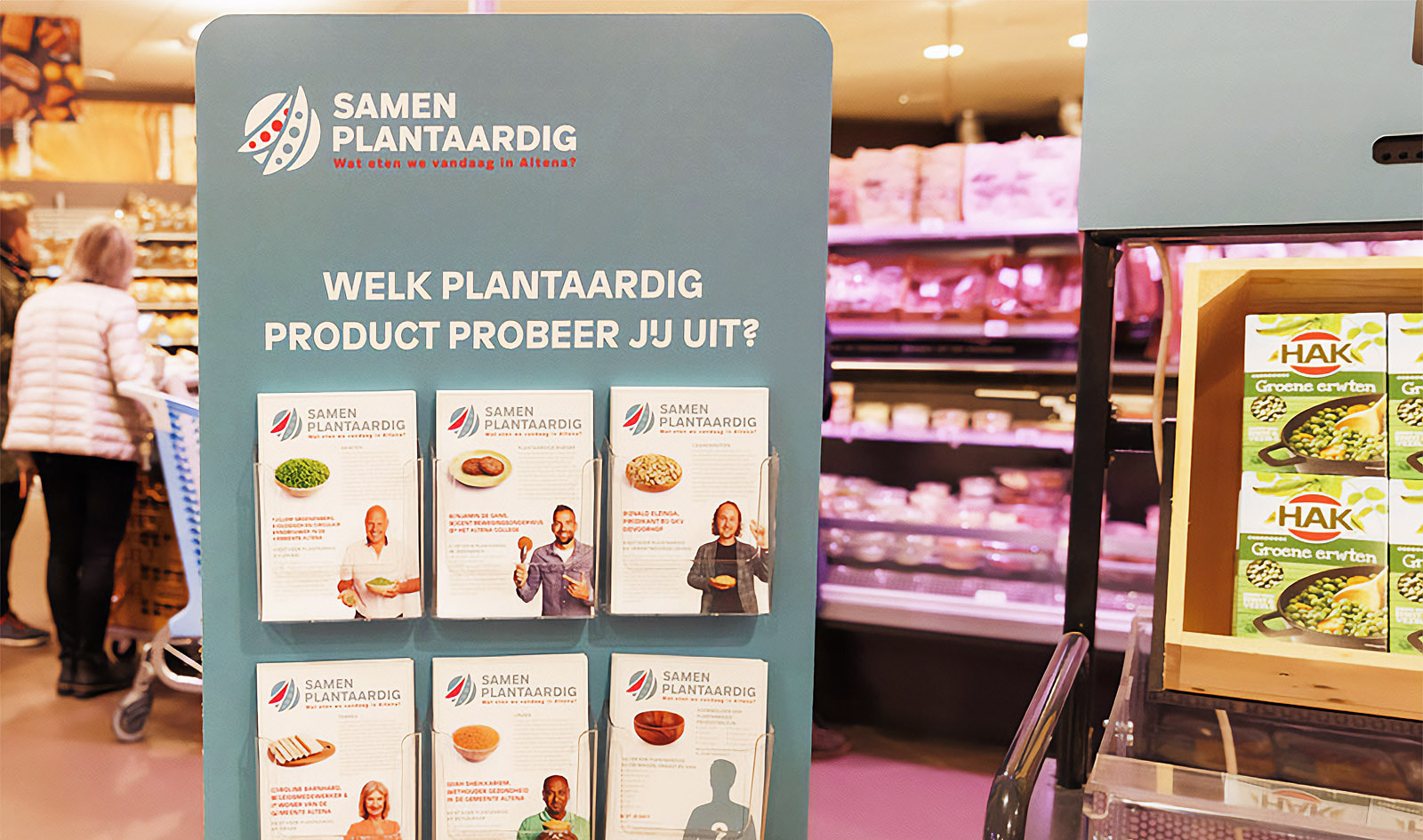 Green Protein Alliance
Green Protein Alliance
Karstens notes that the pilot program will measure how effective its techniques are long-term. “Based in part on checkout data, we will measure in the period after the tastings whether they have had a long-term incentive effect,” Karstens said.
Vegan in the Netherlands
The municipality is also home to plant-based pioneers such as Schouten Europe and HAK, which are also supporting the pilot program. HAK is encouraging the use of pulses as an alternative to animal proteins, and the owner of Schouten Europe, spearheaded the area pilot and is a driving force behind it all.
For its part, Schouten Europe has been producing plant-based protein products since the 1990s and currently offers a variety of meat and seafood alternatives under a private label that is available in 50 markets. Recently, the company also partnered with fellow Dutch company Grassa to explore the potential of making vegan meat alternatives directly from grass proteins—effectively cutting out the cow as the middleman in the traditional meat market.
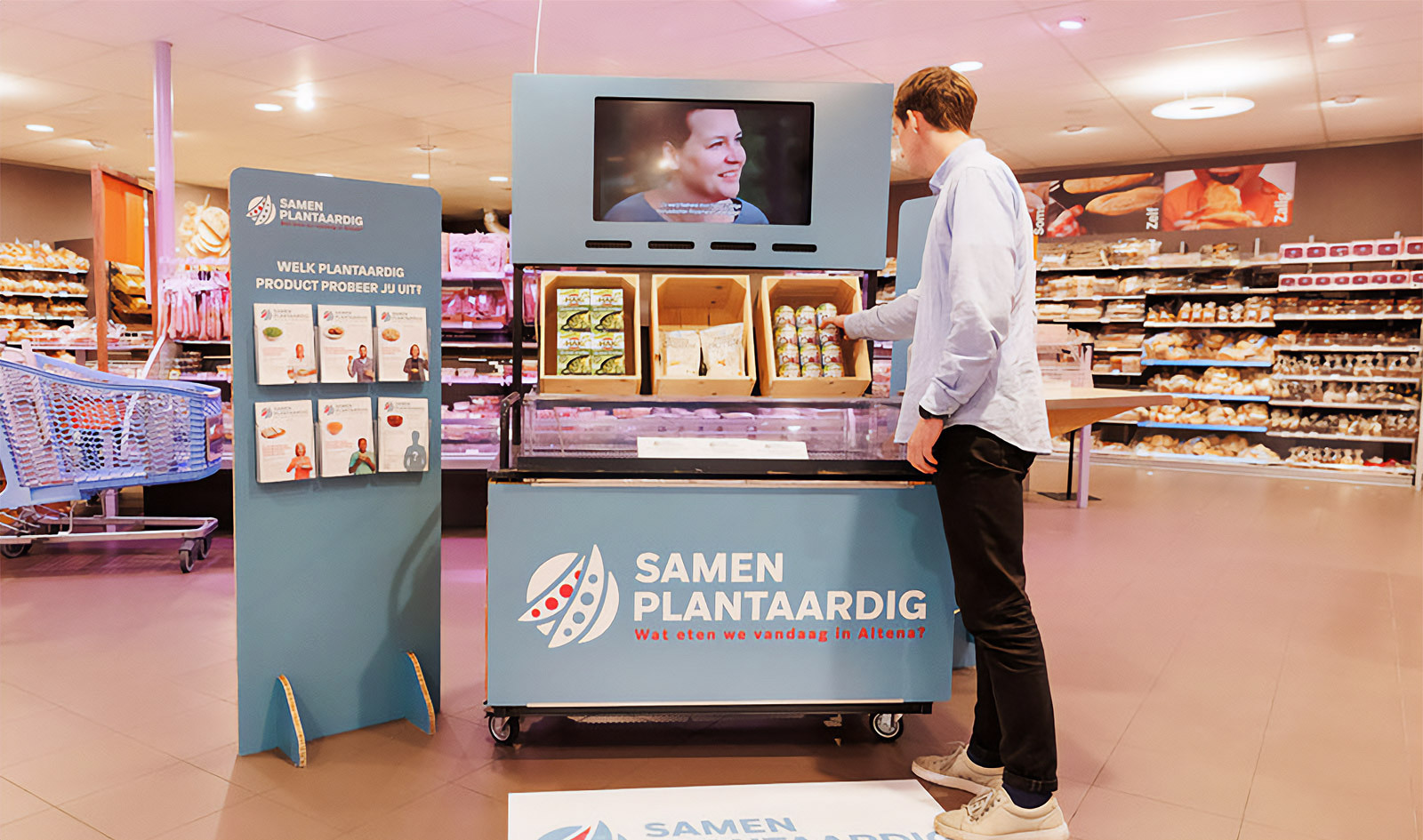 Green Protein Alliance
Green Protein Alliance
The duo is specifically interested in exploring how grass proteins might outperform common plant-based meat bases such as soy. “Grass protein is a high-quality, local, and scalable alternative to soy,” Grassa Director Rieks Smook said in a statement. “When compared to other protein sources, it provides a huge reduction in the carbon footprint.”
The partnership between Schouten Europe and Grassa is also significant in the Netherlands in a different way. The country’s National Protein Strategy follows a European Union-wide ambition to reduce dependency on protein imports and to increase production of plant proteins.
Because the Netherlands is dependent on imports for roughly 80 percent of its plant protein and is the largest importer of soybeans in the EU, Schouten Europe and Grassa’s research in the area of grass protein could support the country’s goal to become more self-sufficient in this area and to aid in the shift toward more sustainable diets.
McDonald’s Netherlands puts McPlant on the menu
The shift to plant-based proteins has been expanding to the fast-food sector, too. Last fall, fast-food giant McDonald’s made its plant-based burger, the McPlant, a part of the permanent menu at all of its locations in the Netherlands. The move follows a successful test launch of the McPlant in the country last year.
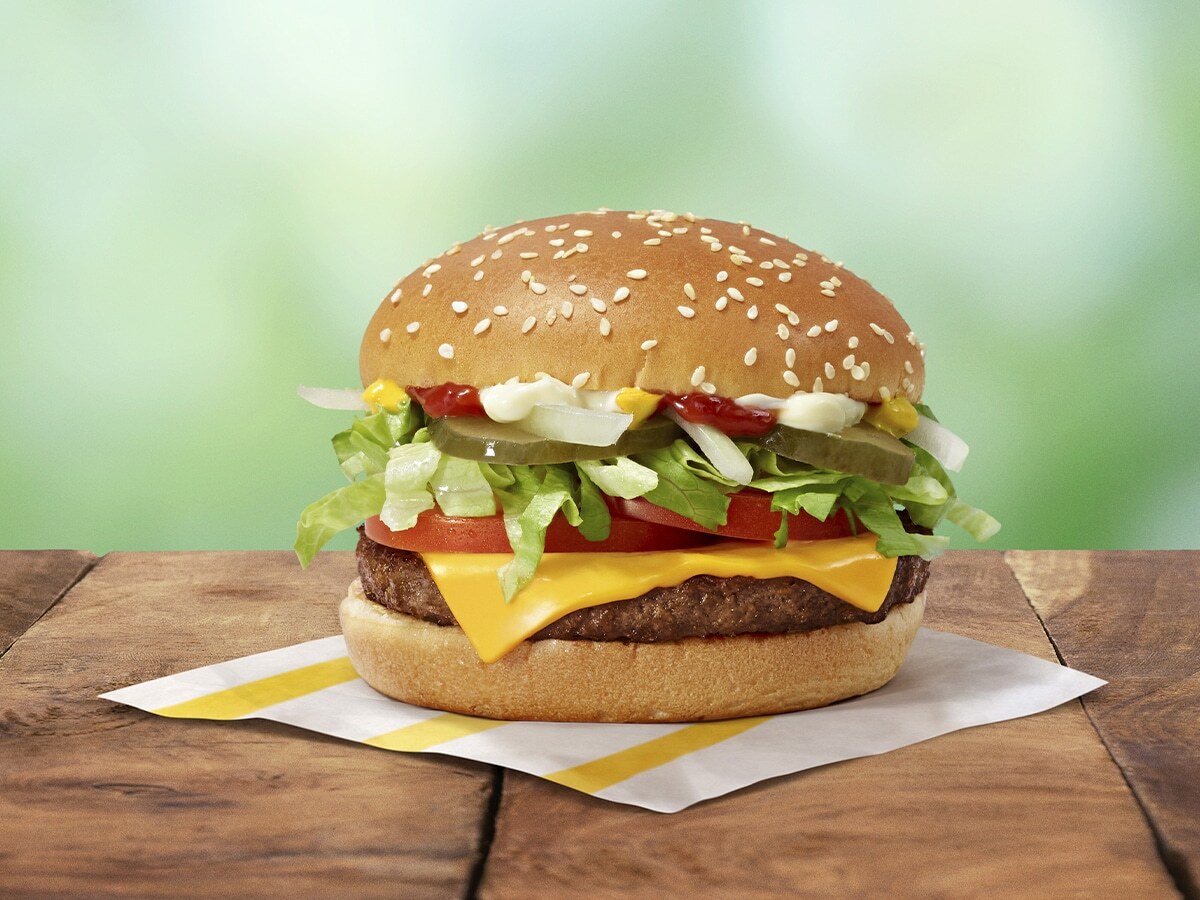 McDonald’s
McDonald’s
“We are pleased with the permanent place of the McPlant on the menu,” Stijn Mentrop, McDonald’s Netherlands Marketing Director, said in a statement at the time. “During the temporary introduction last year, we received many positive comments from our guests about the taste of the McPlant.”
In 2020, international pizza chain Papa John’s added vegan pepperoni to its menu at 26 locations across the Netherlands. The pizza chain currently offers seven vegan pizzas in the Netherlands, all of which are topped with Bute Island Foods’ vegan cheese. Vegan chicken is also available as a pizza topping.
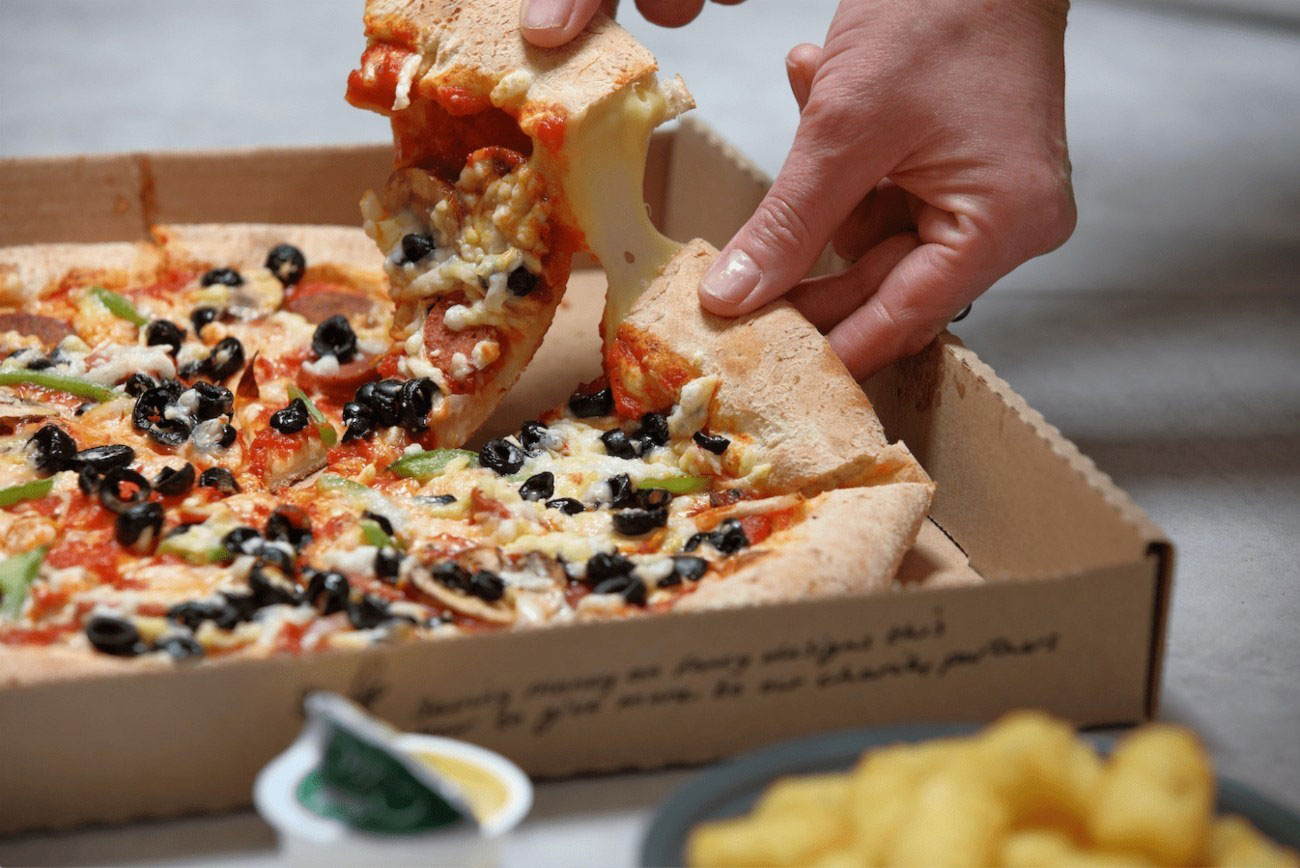 Papa John’s
Papa John’s
Dominos Netherlands also offers three vegan pizzas (Vegan Margarita, Vegan Fungi, and Vegan Veggie) after the chain reformulated its standard crust, which previously contained whey, to be free from animal products as part of its “Clean Menu Policy.” The pizza chain worked with the Dutch Society for Veganism to develop the new pizza options which first debuted in 2018.
“The demand for plant products can no longer be stopped now that more and more people are discovering that you can live perfectly without animal products,” Dutch Society for Veganism spokesperson Debby van Velzen said at the time. “Innovative companies are responding to these changes.”
For the latest vegan news, read:
JUMP TO ... Latest News | Recipes | Guides | Health | Shop

